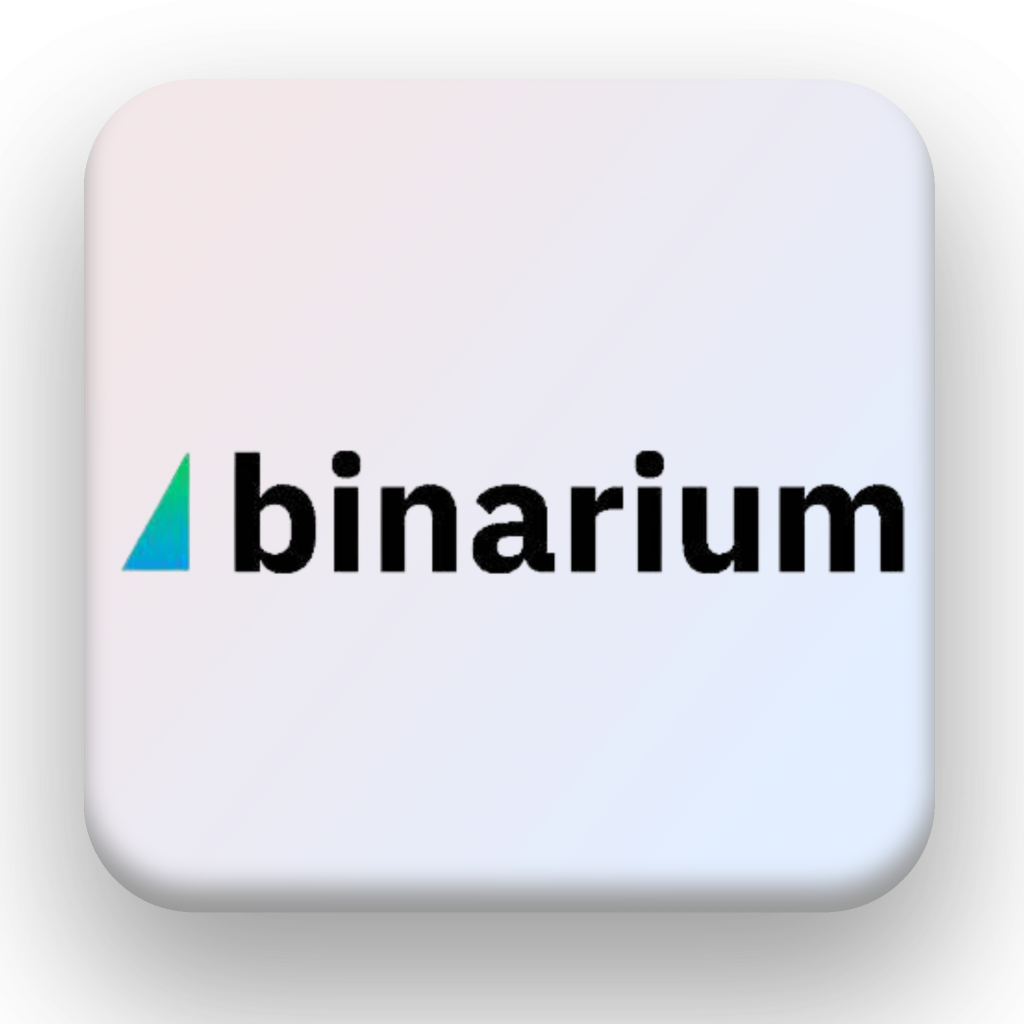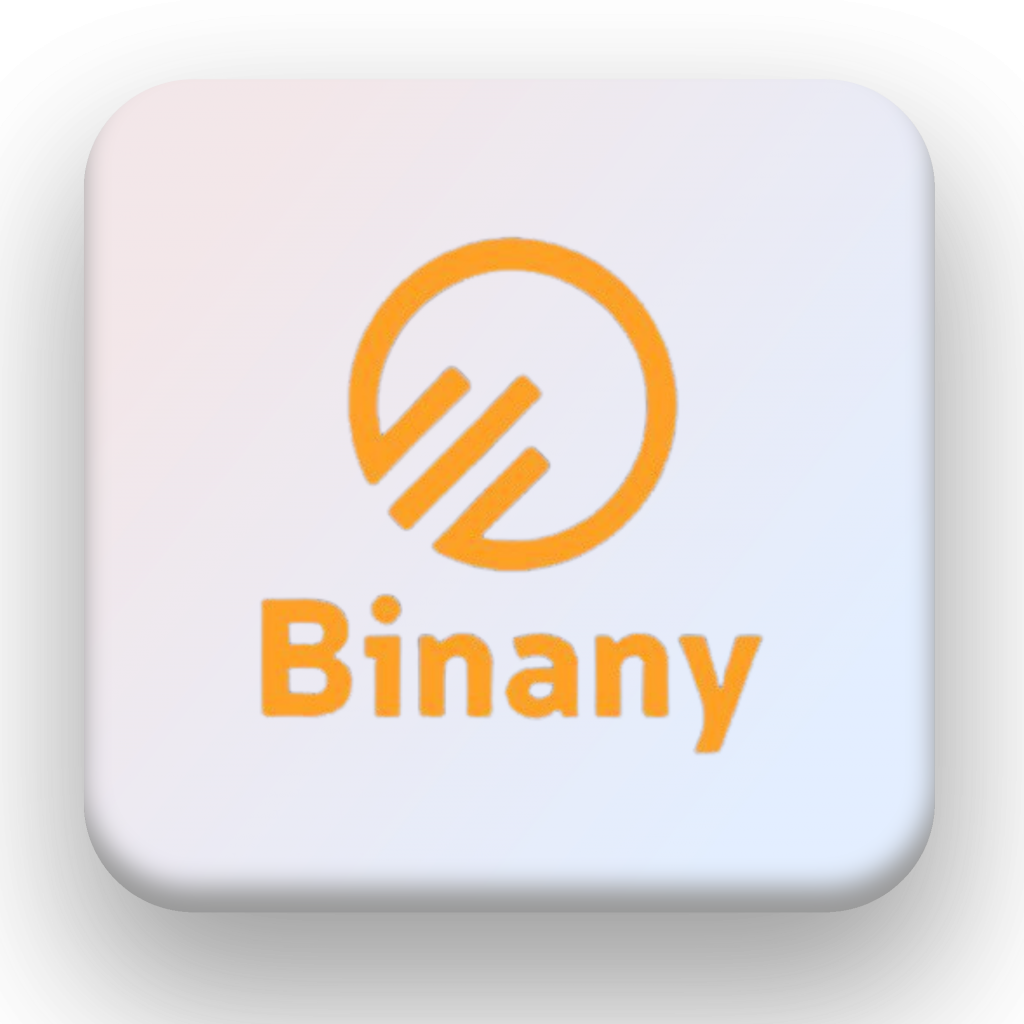Home / BROKERS REVIEW / ARE BINARY OPTIONS HALAL OR HARAM

Are Binary Options Halal or Haram?
A Deep Dive into Islamic Perspectives
The debate over whether binary options trading is halal or haram has been a topic of significant discussion among Islamic scholars, traders, and financial experts.
As the popularity of binary options has grown in recent years, especially in online trading markets, many Muslims are wondering if engaging in this form of trading is permissible under Islamic law.
This article explores the key considerations regarding binary options and Islamic finance principles, helping traders understand whether it is halal or haram.
What are Binary Options?
Binary options are a type of financial derivative where the trader predicts whether the price of an asset (such as stocks, commodities, or currencies) will rise or fall within a predetermined time frame.
Unlike traditional trading, where profits depend on the value of the asset, binary options offer a fixed payout based on whether the trader’s prediction is correct.
The outcome is a simple “yes” or “no” proposition, with traders either winning a fixed amount or losing their initial stake. Given this simplicity, binary options trading has become popular among both new and experienced traders.
However, its simplicity also raises concerns when it comes to compliance with Sharia law.
Key Principles of Islamic Finance
To understand whether binary options are halal or haram, it’s essential to first understand the fundamental principles of Islamic finance, which are based on the teachings of the Quran and Hadith. Some of the key principles include:
Riba (Usury):
Any financial transaction involving interest (riba) is prohibited in Islam. The concept of riba refers to earning profit through interest without any productive work, which is considered unjust and exploitative.
Gharar (Uncertainty):
Transactions that involve excessive uncertainty (gharar) or speculation are prohibited in Islam. This principle seeks to protect fairness and transparency in financial dealings. It is often cited in discussions around financial products like options and futures.
Maysir (Gambling):
Islam forbids any form of gambling or activities where the outcome is purely based on chance or luck. Binary options trading is sometimes compared to gambling due to its high level of speculation and the reliance on short-term predictions.
Pocket Option offers a user-friendly platform with low minimum deposit requirements, fast withdrawals, and excellent customer support, making it an ideal choice for both new and experienced traders.
Olymp Trade offers an excellent trading experience with a user-friendly platform, great customer support, and competitive payouts, making it a top choice for both beginners and experienced traders.
Binomo is a highly reliable platform with an easy-to-use interface, great customer support, and impressive payout rates, making it a top choice for traders seeking a smooth and secure trading experience.
Quotex offers a robust and user-friendly trading platform with excellent customer support, fast withdrawals, and a wide range of assets, making it a great choice for both beginners and experienced traders.
IQ Option provides an intuitive and reliable trading platform with a wide range of assets, excellent educational resources, and responsive customer support, making it an ideal choice for traders of all experience levels.
Exnova offers a user-friendly platform with competitive payouts and excellent customer support, making it a top choice for traders seeking a seamless experience.
Binarium provides an intuitive interface, quick withdrawals, and a solid selection of trading assets, ideal for both beginners and experienced traders.
Expert Option combines an easy-to-navigate platform with strong educational resources and fast execution, ensuring a smooth trading experience.
Binany stands out for its low minimum deposit, great customer service, and a wide range of tradable assets, perfect for new and seasoned traders alike.
Stockity delivers a streamlined trading platform with advanced charting tools, fast deposits and withdrawals, and excellent customer support.
Are Binary Options Halal or Haram?
When assessing whether binary options trading is halal or haram, several factors come into play, including the elements of uncertainty (gharar), gambling (maysir), and the potential for interest (riba). Let’s break down the primary concerns:
Gharar (Excessive Uncertainty): One of the main concerns with binary options is the inherent uncertainty involved in the trade. Traders must predict price movements within a specific time frame, which introduces a high degree of speculation. This speculative nature could be seen as a form of gharar in Islamic finance, which is often considered haram due to the lack of clarity and the high-risk nature of the transaction.
Maysir (Gambling): Many Islamic scholars argue that binary options trading is akin to gambling because the trader’s outcome is based primarily on luck or chance, rather than on tangible analysis or underlying assets. The short duration of trades, often ranging from a few minutes to hours, heightens the element of chance, making it similar to gambling, which is explicitly prohibited in Islam.
Riba (Interest): Another factor to consider is whether binary options trading involves any form of interest or usury. While traditional binary options trading platforms do not involve direct interest payments, there are concerns about the financial institutions behind them, which may engage in interest-based transactions. In such cases, any indirect involvement with riba may render the practice haram.
Lack of Tangible Asset: In Islamic finance, it is often required that transactions involve tangible, real-world assets. Since binary options deal purely with price movements and do not involve the ownership or exchange of physical goods or services, some scholars argue that this makes them non-compliant with Sharia law, as the transaction does not involve real trade or business activity.

Opinions of Islamic Scholars
The question of whether binary options are halal or haram depends on the interpretation of Sharia law.
Here are the two primary views:
Haram (Forbidden):
Many scholars argue that binary options are haram because of their speculative nature, the reliance on chance, and the possibility of them functioning as a form of gambling (maysir).
According to these scholars, the level of uncertainty and risk involved in binary options trading makes it incompatible with the ethical principles of Islam.
Halal (Permissible):
On the other hand, some scholars have a more lenient view and believe that binary options could be permissible under certain conditions. If the binary options are traded with transparency, no involvement of interest (riba), and are structured in a way that avoids gambling, some may consider them halal.
For example, if the trader’s decision is based on substantial research and risk management, and not on mere speculation, it might be seen as permissible.
However, this view is less common.
Alternatives to Binary Options in Islamic Trading
For Muslims who wish to engage in trading but avoid potential conflicts with Sharia law, there are alternative financial products that may be more suitable:
Islamic Forex Accounts: Many Forex brokers offer Islamic accounts, which are free from interest (riba) and allow Muslims to trade in currencies without violating Sharia principles.
Commodity Trading: Investing in tangible assets like gold, silver, and oil could be a halal alternative to binary options. These investments involve real goods and can be done in a way that aligns with Islamic finance principles.
Sharia-Compliant Stocks and ETFs: Some financial institutions offer stocks and exchange-traded funds (ETFs) that are specifically designed to comply with Islamic law. These investments avoid industries such as alcohol, gambling, and banking, which are considered haram in Islam.
Conclusion: Are Binary Options Halal or Haram?
In conclusion, binary options trading is generally considered haram by the majority of Islamic scholars due to the speculative nature, uncertainty (gharar), and potential for it being categorized as gambling (maysir).
However, there may be some exceptions under certain conditions, though these views are not widespread.
For Muslims looking to trade in accordance with Sharia law, it is advisable to explore Islamic finance products that are specifically designed to avoid the prohibited elements of interest, uncertainty, and gambling.
As always, it is recommended to consult with an Islamic financial advisor or scholar for personalized guidance.

Muhammad Izmailov
Customer Service Manager at FBX
Summarizing the above – trading is everyone’s choice, and if a Muslim seeks a better life and decided to devote his working life to this sphere, there will be no conflicts with religion.












